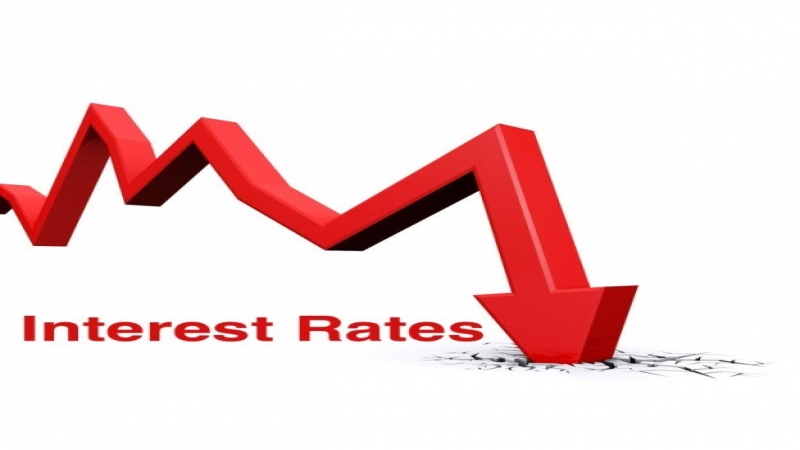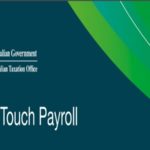Many home owners on variable rate loans eagerly anticipate the RBA (Reserve Bank of Australia) each month as it announces any changes to interest rates. We have recently experienced the longest period in the history of Australia of unchanged interest rates, with the cash rate held at a historic low of 1.5% for over 2 years! But why does the Reserve Bank increase and decrease interest rates?
One of the primary functions of the RBA is to maintain inflation at between 2-3%. The general reference point is a ‘basket of goods’ – a basket of goods that consumers would generally purchase. If inflation is high, then the cost of goods increases (i.e. things cost more).
High inflation can result in rapid increases in the cost of living, meaning the purchasing power of consumers is reduced – this is also likely to result in higher unemployment, as businesses seek to reduce costs to offset the reduction in consumer spending. In extreme cases (such a Zimbabwe and Venezuela), hyperinflation may occur – which rapidly devalues the local currency.
If inflation is low, wage growth is stagnant and the return for investment in Australia is also low – which can be detrimental to the economy. Whilst the cost of goods may decrease (or at least not increase), consumers generally have less available funds to spend (due to increased unemployment). A period of 6 months of economic decline is referred to as a recession, and it is common for an economy to enter a state of ‘deflation’ following an economic crisis.
In order to manage inflation, the RBA adjusts the cash rate – this is the rate charged on overnight borrowings between financial institutions (unfortunately not the rate we as consumers pay!). If the economy is heating up too quickly, the RBA are likely to increase the cash rate in order to rein it in. If the economy requires stimulus, the RBA will generally drop the interest rate in order to encourage consumer spending.
Lenders will charge a margin on the cash rate, which is why although the cash rate may be 1.5%, those seeking a mortgage in the current environment will pay around 4%.
If you are looking to refinance, or see if you can obtain a better deal after the interest rate reduction, contact one of the team at Flexible Capital today.




